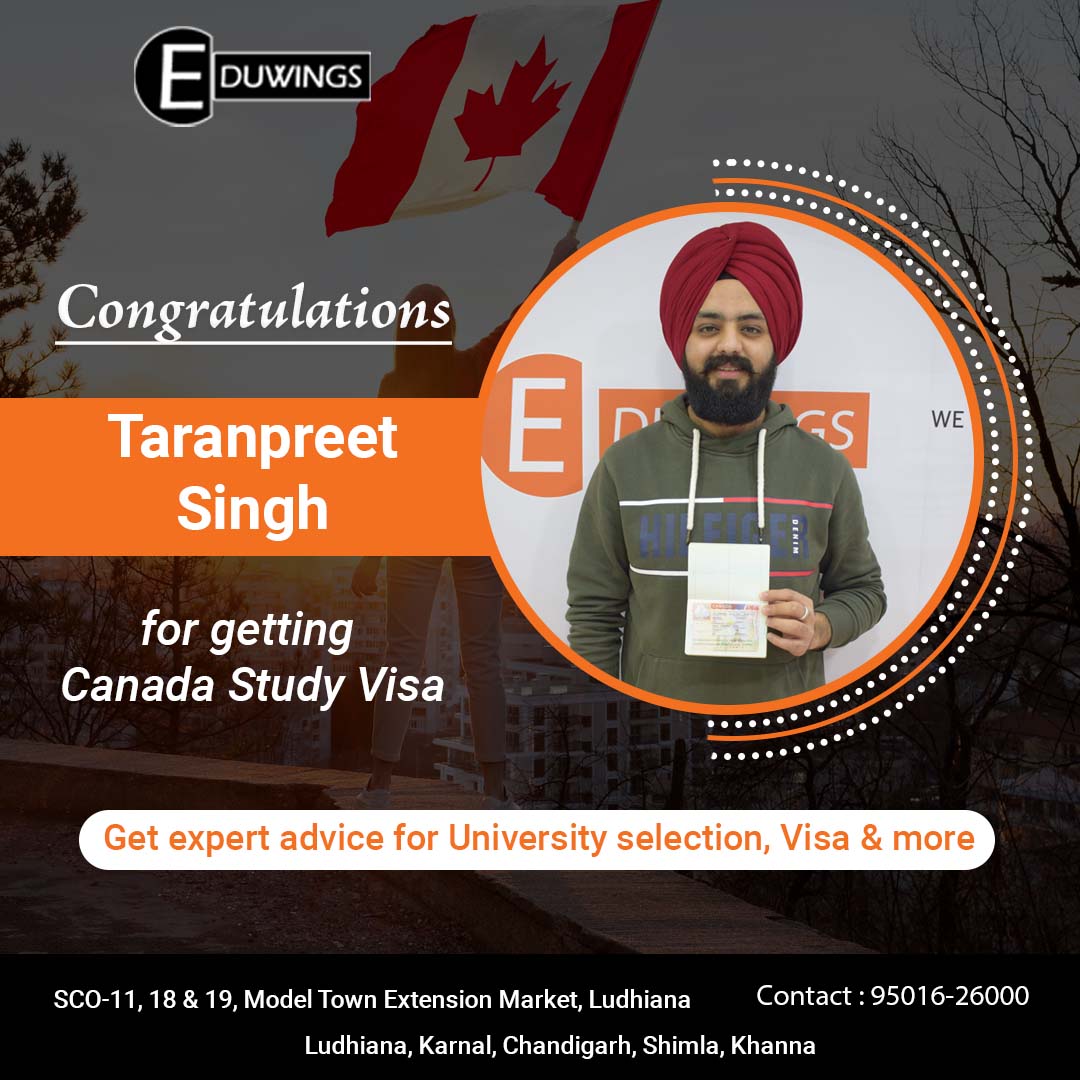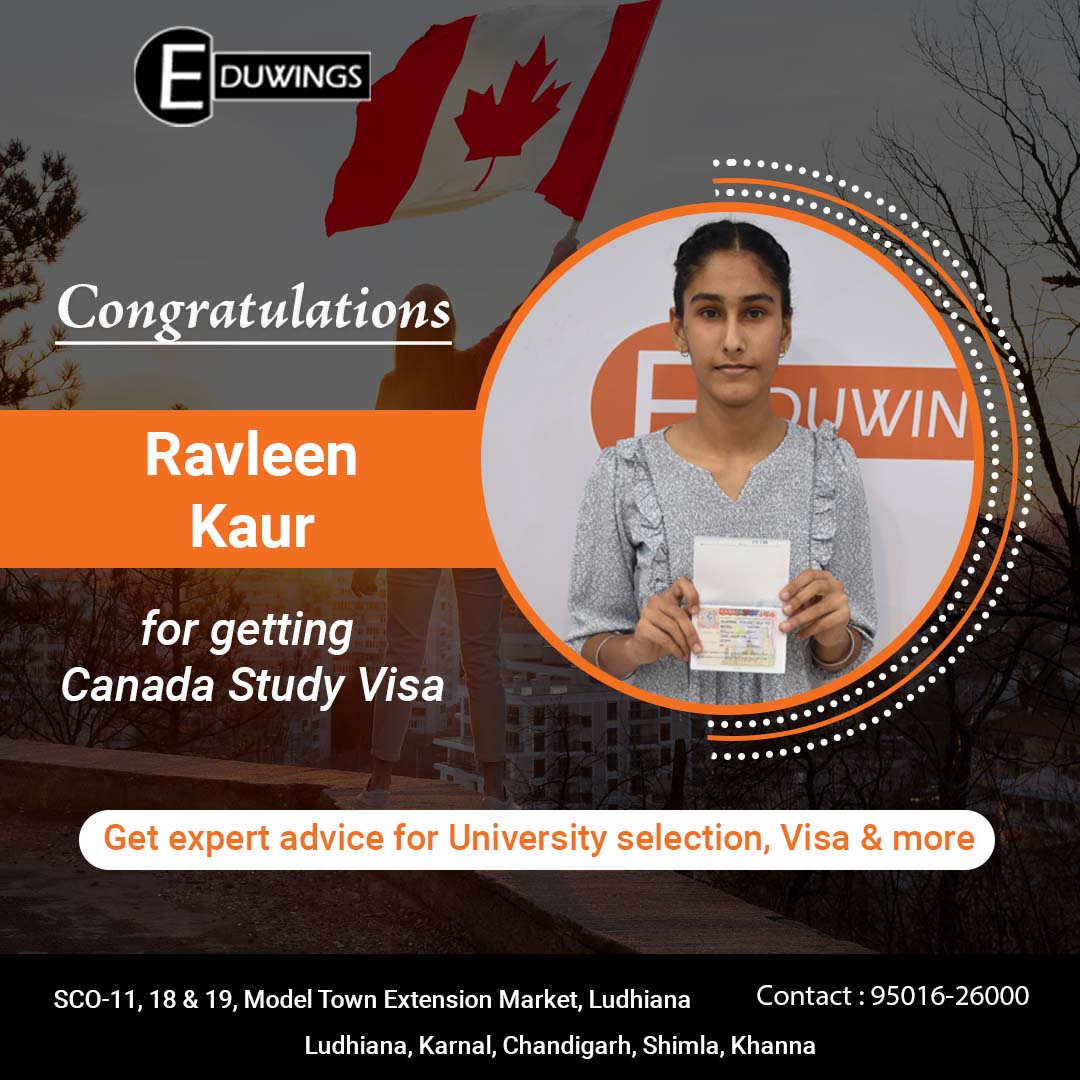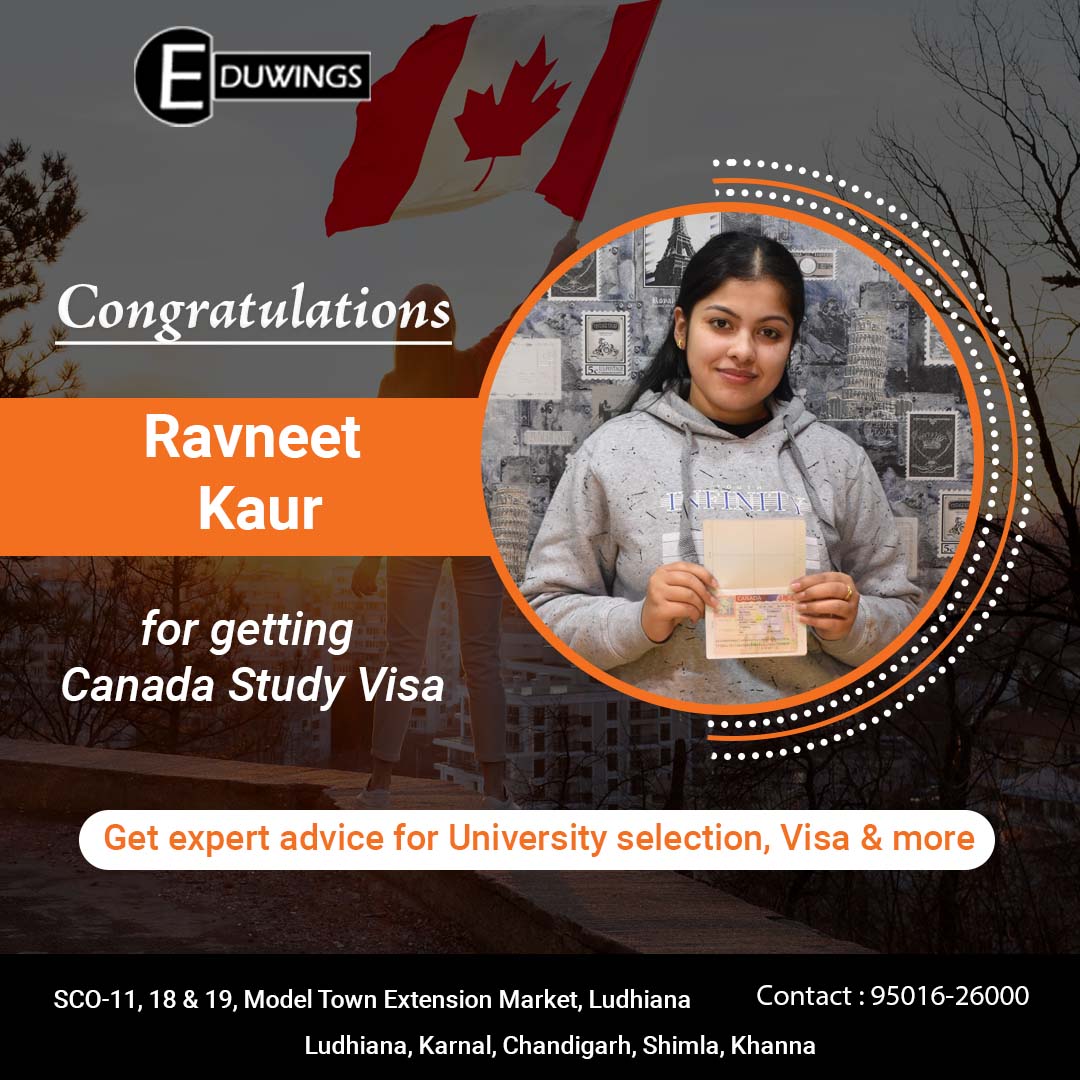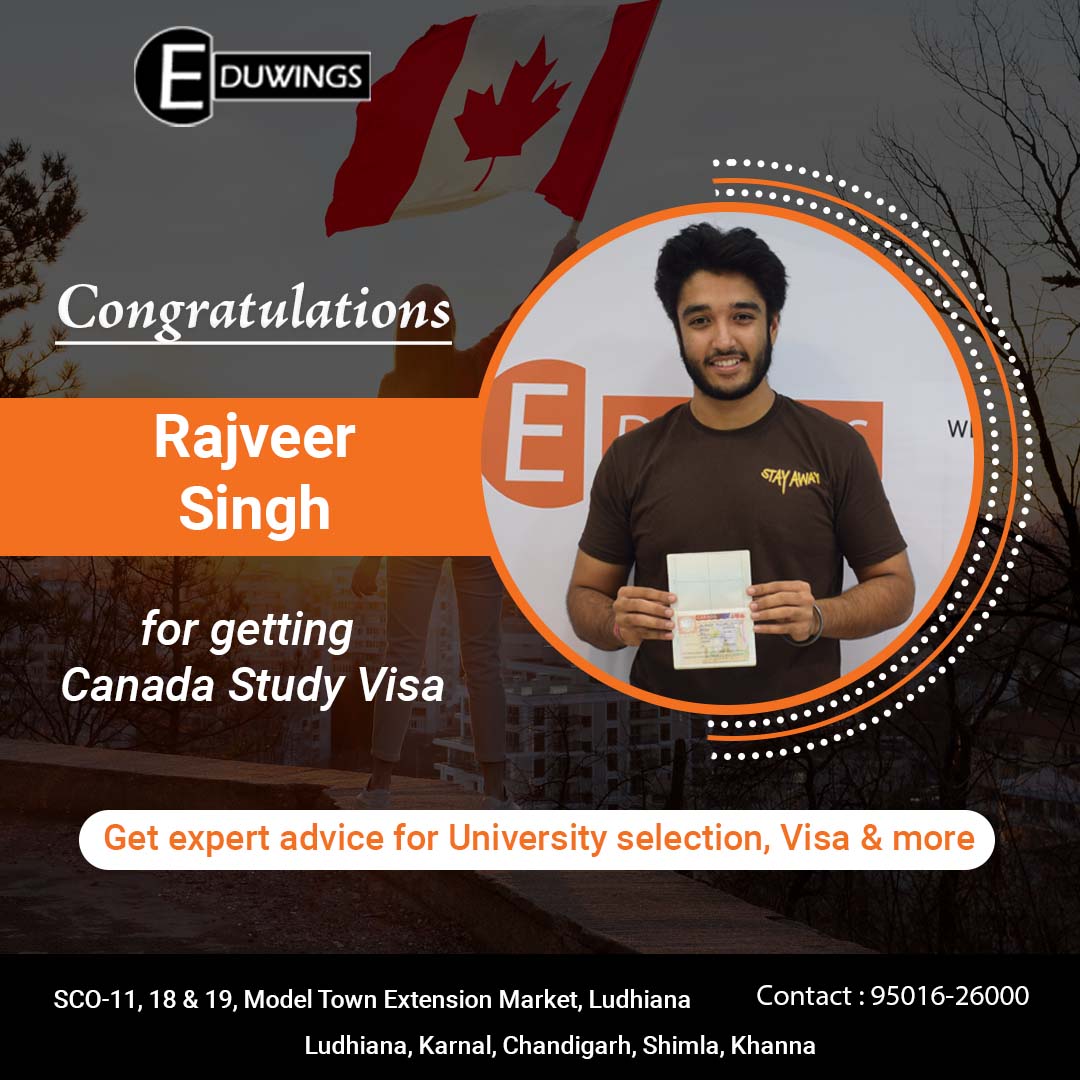
CANADA
Why to choose Canada as your destination
The Canada remains a premier destination for international students due to its world-class education system, featuring top-ranked institutions like MIT and Stanford, renowned for their innovative research opportunities and cutting-edge facilities. The flexibility in academic programs allows students to explore various subjects before choosing a major, offering a tailored learning experience. Additionally, international students benefit from post-graduation work opportunities through programs like Optional Practical Training (OPT), allowing them to gain valuable industry experience.Beyond academics, Canada boasts a high standard of living, safe cities, and breathtaking natural landscapes. Students can explore vibrant urban centers like Toronto and Vancouver, as well as iconic natural wonders such as Banff National Park and Niagara Falls. Additionally, Canada offers post-graduation work opportunities and a clear pathway to permanent residency, making it a favorite choice for students who seek long-term prospects. Whether you’re looking for world-class education or a multicultural experience, Canada stands out as a destination that fosters success and lifelong memories.Beyond academics, Canada boasts a high standard of living, safe cities, and breathtaking natural landscapes. Students can explore vibrant urban centers like Toronto and Vancouver, as well as iconic natural wonders such as Banff National Park and Niagara Falls. Additionally, Canada offers post-graduation work opportunities and a clear pathway to permanent residency, making it a favorite choice for students who seek long-term prospects
- Capital–Ottawa
- Official Languages--English ,French
- Currency-- Canadian dollar (CAD)
Why to choose CANADA
Good Life Style
Rich Multicultural Environment
World-Recognized Faculties
Low Tuition and Living Costs
PGWP & Job Opportunities
Leads to PR
Frequently Asked Questions
Admission requirements vary by institution, but most universities require academic transcripts, proof of English or French proficiency (IELTS/TOEFL for English or TEF/TCF for French), and possibly letters of recommendation and personal statements. Specific programs may require portfolios or entrance exams.
As of the recent changes, the required GIC amount has increased to $20,000 per year for all Canadian institutions. However, for students studying in the province of Quebec, the GIC requirement is set at $15,000 per year.
From November 1, 2024, the eligibility for the PGWP has been restricted to select programs of study. Not all programs will qualify, and students are advised to check if their intended program is eligible for a PGWP before applying. This change aims to focus on skill development in areas that are in demand in the Canadian job market. Make sure to consult the updated list of eligible programs from your Designated Learning Institution (DLI) to ensure your program qualifies for PGWP.
Yes, international students with a valid study permit can work up to 20 hours per week during academic terms and full-time during breaks. However, you must be enrolled in a full-time program at a DLI.
Yes, if you hold a valid study permit, your spouse or common-law partner can apply for an open work permit, allowing them to work full-time while you study.
The tuition fees vary depending on the program and institution but generally range from CAD $15,000 to $35,000 per year. Living expenses can add another CAD $10,000 to $15,000 annually. You should also consider health insurance and other personal expenses.
You need to show you have sufficient funds for tuition and living expenses. This includes the updated GIC amount (CAD $20,000 outside Quebec and CAD $15,000 in Quebec) plus additional funds for any dependents.
Health insurance is mandatory, but it varies by province. Some provinces like Alberta and British Columbia offer provincial health plans to international students, while others may require you to purchase private insurance.
Yes, after completing your studies, you can apply for a Post-Graduation Work Permit (PGWP), provided your program is eligible. The PGWP allows you to work in Canada for a period equal to the length of your study program, up to a maximum of three years. This work experience can also help you apply for permanent residency under programs like the Canadian Experience Class (CEC).
Yes, in addition to your study permit, you may need a visitor visa or electronic Travel Authorization (eTA) to enter Canada, depending on your country of citizenship. The study permit itself does not allow entry into Canada.
Yes, in addition to your stuYes, but you need to update your study permit information if you change institutions. Additionally, make sure your new program is still eligible for the PGWP, as not all programs are covered under the new rules starting in November 202dy permit, you may need a visitor visa or electronic Travel Authorization (eTA) to enter Canada, depending on your country of citizenship. The study permit itself does not allow entry into Canada.
With the new rules effective from November 1, 2024, only certain programs are eligible for the PGWP. This work permit allows international students to work in Canada for up to three years post-graduation, depending on the length of their study program. Make sure to confirm whether your program qualifies for the PGWP to ensure you can gain work experience in Canada after your studies.
























Chat with Us
Hi there! How can we assist you today?
